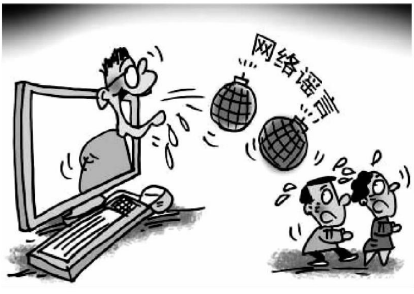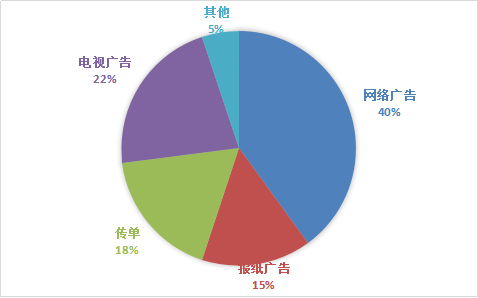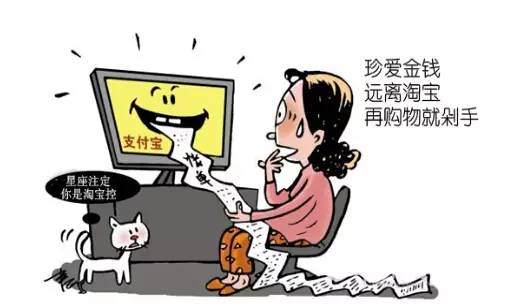我们应该在新闻和政府文件中禁止网络词语的使用吗?Should We Ban Internet Slang in News and Formal Documents?
|
The Internet has become an indispensable part of our daily life as we step into the new century. The Network language is also very popular in our daily communication. The terms such as “ren jian bu chai” for “life is hard, don’t hurt me with the truth”, “dinosaurs” for ugly women, “gelivable” for awesome, “Beverly Hillbillies” for rich men, can be seen in the newspaper or official documents. Some people think such kind of words will pollute our traditional language, while the other say these terms can enrich our language. We can use it as long as it can be understood by ordinary people. There is no need to ban them. In my humble opinion, we can use these Internet slang terms, but take the essence and discard the dross. Some people are worried about that the network languages will have bad influenced on the young people, especially they are in the critical period of learning knowledge and forming their values and temperament. It’s true that some of the Internet slang consists of sexually-suggestive, violence and other unhealthy contents. The young people may easily get influenced by those negative factors. And it do harm the healthy development of language and cultural. Each coin has two sides. The network language is no exception. As an open and free language, the Internet slang has the characteristics of interesting, brevity and newness. It reflects the modern language tendency and social values. There are countless words are created in every single day. These terms help our language to become better and richer. As for some not so good ones, they will be dropped out naturally. The fittest will survive. So we just don’t need to worry too much about the future of Internet slang. To sum up, I think we should take a calm, objective view of network language. The good ones can stand the test of time, and be accepted by the people. As to the bad ones, they will be forgotten by the history, aren’t they? |








